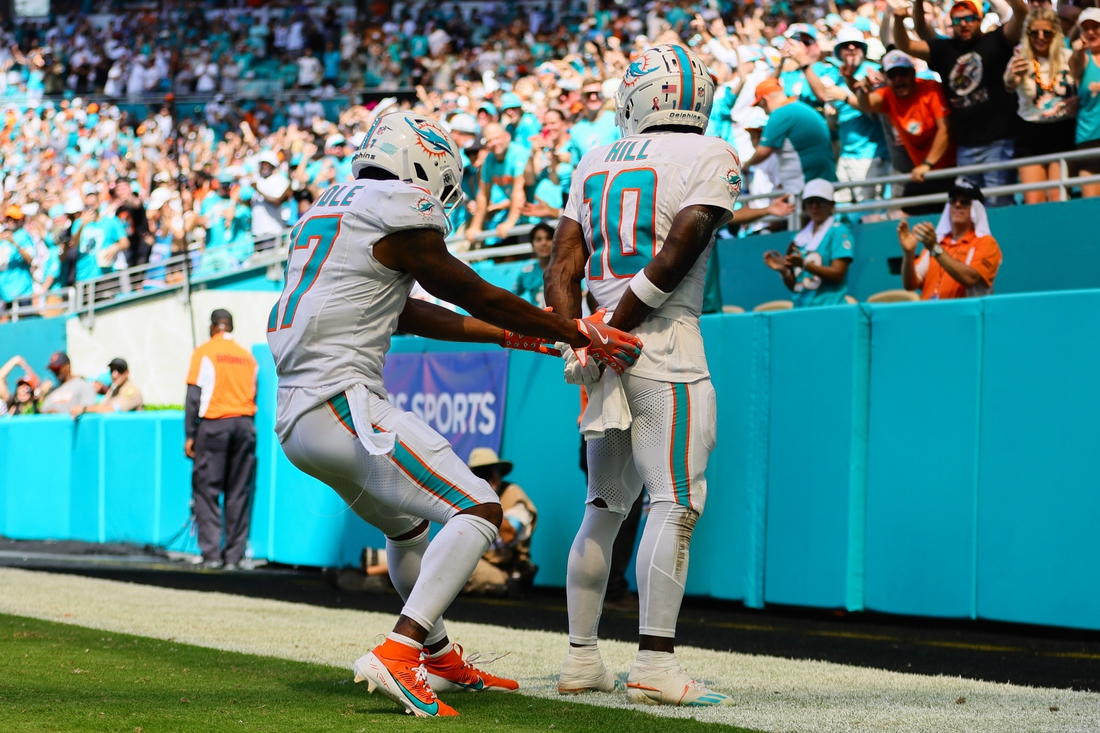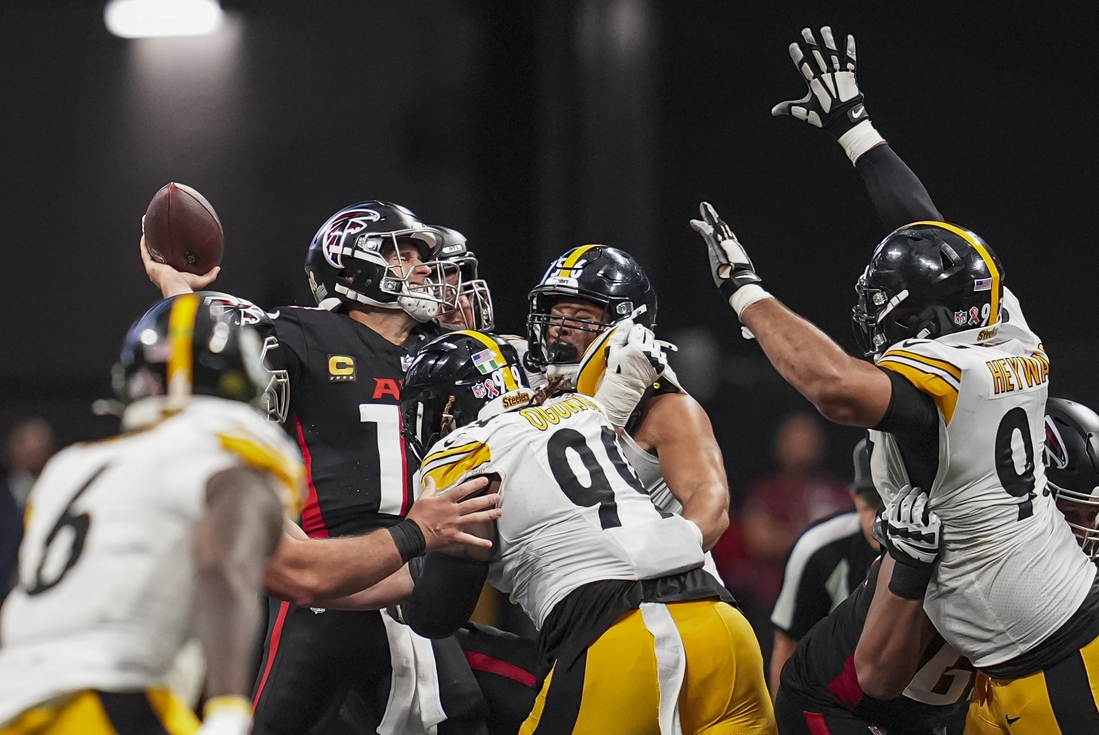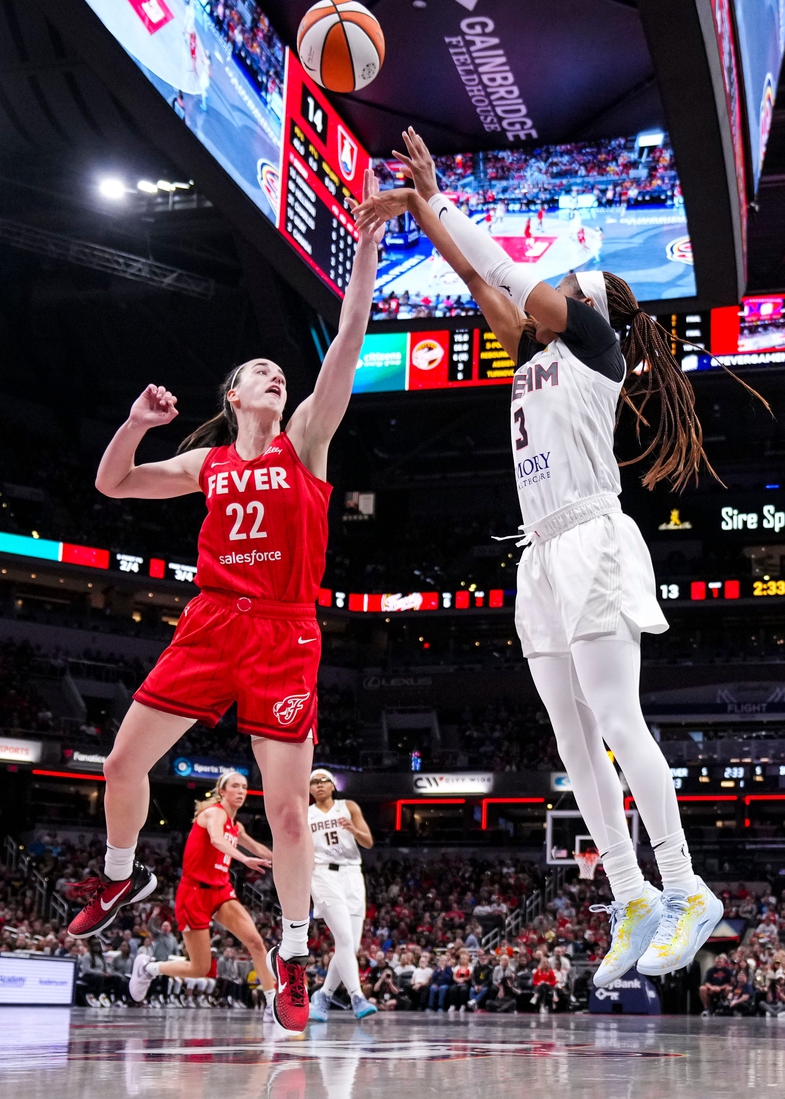These are dark days for journalism, once considered the “Fourth Estate” of American democracy, so named because of journalism’s role in advocating for citizens, framing political and social issues, and holding the government to account on behalf of its people. These days, it seems there are two kinds of journalists, those who have been laid off and those who will be laid off in the near future. Each day many of us wake up wondering which group we’ll find ourselves in. The more experience you have, the more likely you are to find yourself escorted to the exit by security, in favor of someone who costs less to employ.
Last week, Sports Illustrated laid off its staff — some immediately, while others were given a 90-day window — making it likely we’ve seen the last chapter of the greatest sports outlet to ever exist. Yesterday, the LA Times laid off 115 journalists, including their Dodgers’ beat reporter, Jack Harris. Which makes sense, as there’s nothing newsworthy happening with the Dodgers in 2024 at all. Incidentally, a Google search for “SI layoffs” also took me to stories on major layoffs at SI in 2016 and 2019. Back in July, the New York Times disbanded its entire sports desk, leaving 35 journalists and editors to find other work. That same month, ESPN laid off 20 of its high-end on-air talent, including experienced sideline reporter Suzy Kolber. I am proud to say I briefly worked for the Chicago Tribune, a childhood dream of mine, in the midst of ongoing layoffs of journalists that never truly seemed to stop. Each day I’d come in and notice previously cluttered desks wiped completely clean, as if no one had ever worked there. Once, a colleague who sat across from me left to attend a meeting and never returned. It’s an unsettling way to live your life, never knowing when the ax is coming for you. Nine years later, nearly everyone I knew at the Tribune, from the newsroom to the social media team, is gone.
The decimation of media, and sports media in particular, has largely gone ignored by the masses, who have been mostly unengaged in the labor battles taking place in newsrooms across the country. There was a time, as fellow reporter Maggie Hendricks once said, when being a journalist was a good, middle-class job. Reliable, steady, good job security, as the news never stops. Now, after decades of demonization by politicians and being mined for parts by private equity, some journalists around the country recently got a raise because their salary didn’t meet the minimum salary threshold laws in places like New York City and L.A.
Many Americans don’t care about the loss of journalists covering essential beats, like climate change and the rise of extremism in America, so it’s hard to argue that they should care about sports writing. But sports in America is where we work through our social and racial issues, oftentimes before the rest of society does. Jackie Robinson integrated baseball in 1947, at a time when much of the American South was still shrouded under the bloody curtain of Jim Crow laws. In his excellent book “We Will Win the Day,” Professor Lou Moore talks about the role Black sportswriters played in pressuring baseball to desegregate, and how, in turn, sports writers were able to use Robinson’s debut in MLB to pressure local school districts to end their policies of racial exclusion, as well.
“In St. Louis, the unheralded Black sportswriter Arthur Kirk led the crusade to integrate high school sports at the public-school level,” Moore writes. “In the fall of 1948, right after the London Olympics ended, encouraged by the level of celebratory democracy bestowed on Black Olympians, Kirk used his editorial column to challenge the Black community to battle with him in his fight with Missouri’s Jim Crow athletic board…By 1952, the city had integrated all of its high school sports programs and offered integrated championships in baseball and track and field.”
In 1973, long before the days of cable TV and online streaming, SI played a major role in covering The Battle of the Sexes, the televised tennis match between Billie Jean King and ostensible sexist Bobby Riggs, which magnified an ongoing national discussion about women’s rights and sexism in the workplace. Muhammed Ali appeared on SI’s cover 40 times, including five times between 1967 and 1971, when Ali was exiled from boxing due to his status as a conscientious objector to the Vietnam War. In the summer of 2020, when athletes across the country took a stand for racial justice, it was the sports writing community who was tasked with covering it, including the WNBA’s Atlanta Dream, who banded together, advocated for then-candidate Raphael Warnock, and flipped the United States Senate blue. That, of course, was around the same time the entire league locked arms and took a knee for Breonna Taylor.
In America, sports have never been “just sports.” Sports have always been inherently political, encompassing issues like police brutality, violence against women, racism, sexism, labor rights, transphobia, and homophobia. Issues that seem larger than life when they involve celebrity athletes, but are the same ones we talk about around our dinner tables at home. The fight for impactful sports writing, and the fight for independent journalism, is nothing less than the fight for the soul of America. We can not sell out meaningful journalism for pageviews. The impact sports journalism has on our nation can’t be measured in clicks and ad revenue, or converted in slide shows, simply to make more money for non-journalists who would buy and sell us all for parts tomorrow if the profit was big enough. Sadly, we’re already on our way there.







